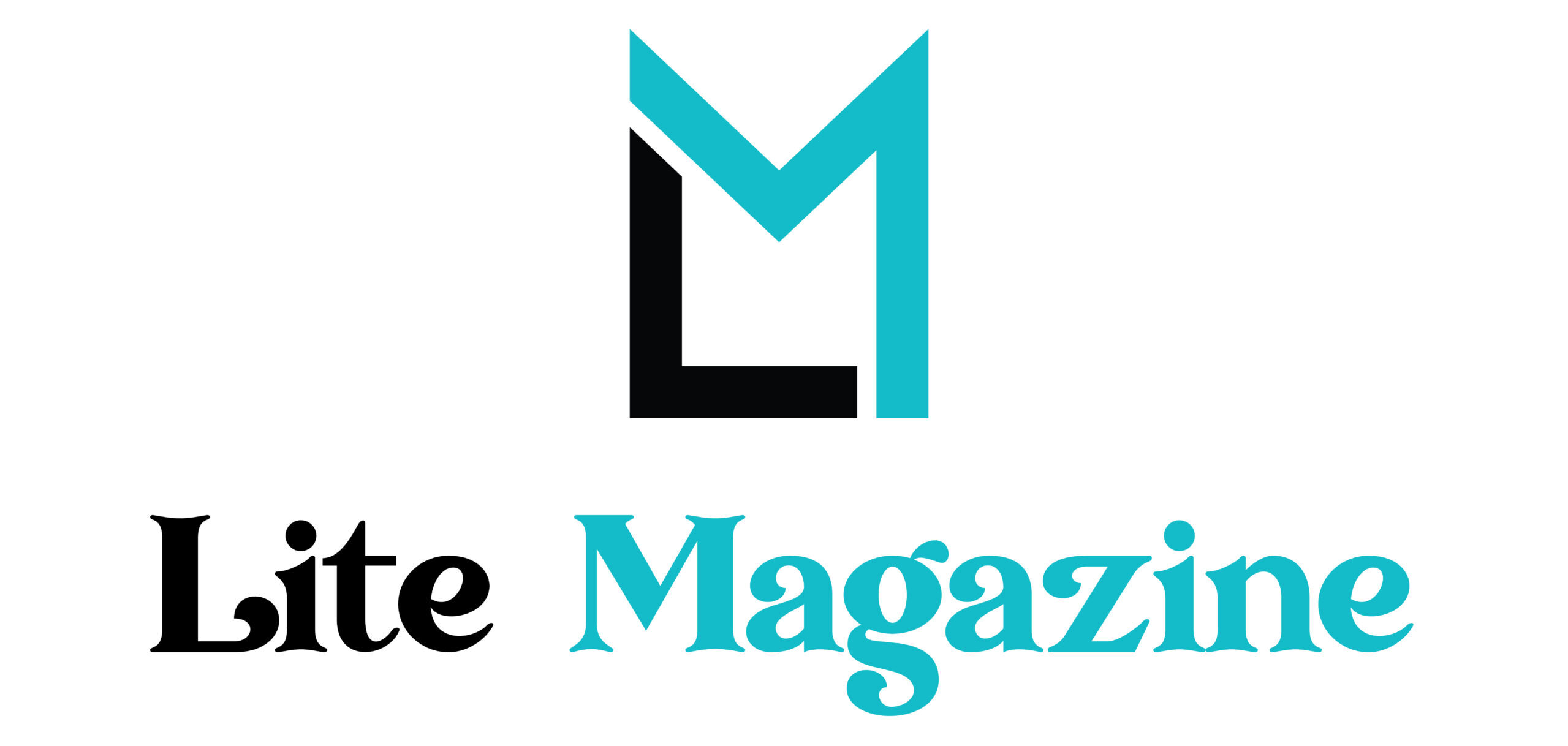A Simple Sentence with a Powerful Lesson
The phrase “love what you have, before life teaches you to lov – Tymoff” may look like a simple quote at first glance, but within it lies a profound message. It speaks to the universal human experience of loss, realization, and growth. Whether you see it as a motivational reminder or a philosophical mantra, it resonates deeply with anyone who has ever taken something for granted only to realize its value too late.
This quote, often attributed to the enigmatic and thought-provoking Tymoff, urges us to reflect on what we have in the present moment. It reminds us that life has a way of teaching lessons, sometimes the hard way, and that the things we overlook today might become the very things we miss the most tomorrow. But what does it truly mean to “love what you have”? And why does life wait until we’re in pain to teach us appreciation?
Let’s dive into the deeper meaning behind the words and explore how this quote has the power to change our mindset, our relationships, and even our path in life.
The Meaning Behind the Words
The full quote reads: “Love what you have, before life teaches you to lov.” The word “lov” in this context is a likely misspelling or an intentional stylistic twist by Tymoff, perhaps symbolizing an incomplete understanding of love until one experiences loss or regret. The incomplete word “lov” may hint at the idea that we often don’t fully understand or embrace love until life forces us to.
This brings to light a powerful paradox: we often fail to appreciate the value of something—be it a person, a moment, or even a state of peace until it’s taken away from us. Only when the routine becomes disrupted do we realize how much we depended on the seemingly mundane. Only when we lose the comfort, do we understand the depth of the love we once had.
Whether it’s the embrace of a parent, the laughter of a child, the warmth of a partner, or even the stability of a healthy life reminds us again and again not to wait for a loss to begin cherishing what we still possess.
Why We Often Take Things for Granted
Modern life moves fast. Between chasing goals, battling deadlines, and scrolling through endless distractions, it’s easy to overlook the beauty of what we already have. We get used to people being around. We normalize comfort and mistake consistency for permanence.
This habit of overlooking the present is deeply ingrained in human psychology. We are programmed to strive for more money, more status, more possessions. In doing so, we often shift our focus to what we lack instead of being grateful for what we have already achieved or received. Tymoff’s quote acts like a mirror, showing us how dangerous this mindset can be in the long run.
By not appreciating our blessings in real-time, we risk living in a state of constant dissatisfaction, missing the profound joy that gratitude can offer. “Love what you have, before life teaches you to lov – Tymoff” isn’t just poetic, it’s a wake-up call.
Wiki Bio Style Snapshot – Understanding Tymoff’s Impact
| Quote | “Love what you have, before life teaches you to lov” |
| Attributed To | Tymoff |
| Core Message | Practice gratitude before facing loss |
| Popular Interpretation | Emotional maturity through appreciation |
| Symbolism of “lov” | Incomplete understanding of love before hardship |
| Philosophical Alignment | Stoicism, mindfulness, and emotional intelligence |
How Life Becomes the Ultimate Teacher
When Tymoff says “before life teaches you to lov,” the suggestion is that life doesn’t just teach it forces. It tests. It takes things away to show you what you once had. Often, it’s only after heartbreak, illness, death, or failure that people truly understand the essence of appreciation. It’s only after the laughter stops, or the doors close, that we stop and think, I wish I had been more present.
This is the irony of the human condition. We grow through discomfort. We mature through adversity. But wouldn’t it be better if we didn’t have to lose things to value them?
Tymoff’s quote encourages us to learn the lesson before the pain. To skip the heartbreak and go straight to gratitude. Because life will teach us eventually but it’s our choice whether we learn through awareness or through regret.
Living With Gratitude: Turning Thought Into Action
Loving what you have is not about settling or stopping growth. It’s about balance. It’s about recognizing the value of your current blessings while still striving for improvement. You can want more and still be grateful. You can dream big and still say thank you for where you are.
Start with small things: the coffee in your cup, the bed you sleep in, the voice on the other end of the phone. When you begin to notice how abundant your life already is, your energy shifts. You become more present. You stop chasing validation and start living with contentment.
Gratitude doesn’t make life perfect, it makes it meaningful. And in that meaning lies the richness we often seek through external pursuits. Tymoff’s quote reminds us to anchor ourselves in the now before life teaches us through loss what presence could have shown us through peace.
Wiki Bio Style Chart – Emotional Meaning Breakdown
| Aspect | Interpretation |
| Life as a Teacher | Teaches value through contrast (presence vs loss) |
| Emotional Takeaway | Awareness over regret |
| Behavioral Suggestion | Cultivate daily gratitude |
| Practical Outcome | Healthier relationships and mental peace |
| Philosophical Impact | Greater resilience and wisdom |
Final Reflections: A Quote That Can Change Lives
“Love what you have, before life teaches you to lov – Tymoff” is more than just a viral quote. It’s a philosophy. It’s a reminder to slow down, take stock, and open our eyes to the beauty we are already surrounded by. In a time where chasing more has become a default setting, this quote invites us to pause and ask: What if what I have right now is already enough?
The real lesson here is that the people and moments we cherish the most are often the ones we assume will always be there. But nothing in life is guaranteed. Not time, not love, not even opportunity. That’s why the practice of loving what we have right now is one of the most powerful things we can do.
Read more: ingredients in vullkozvelex safe to











